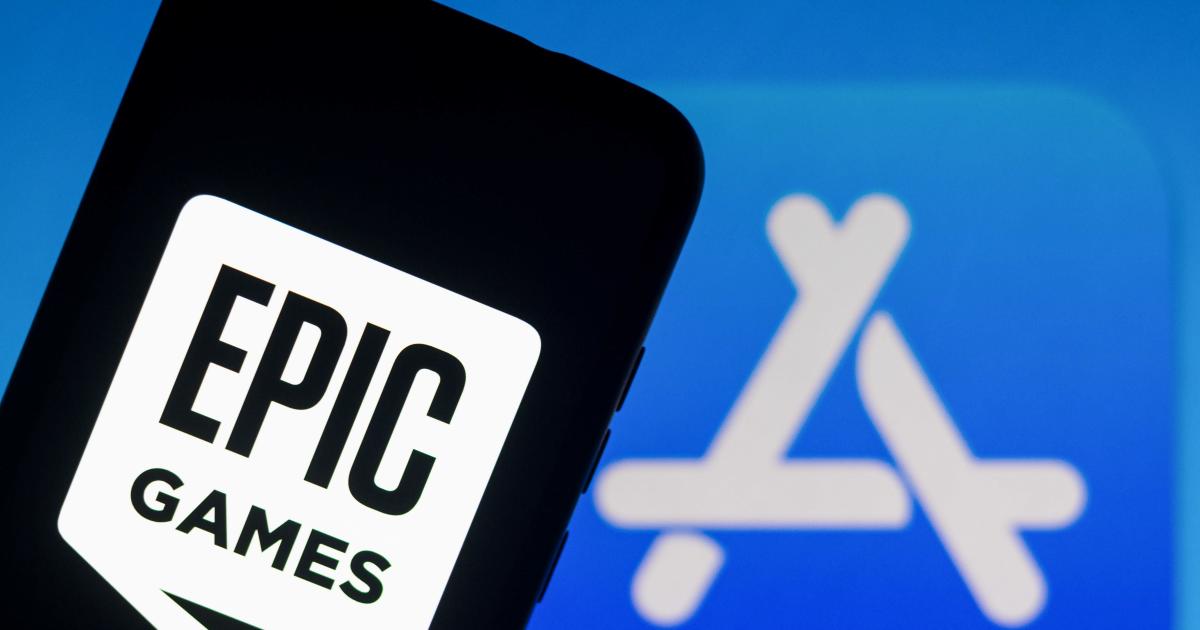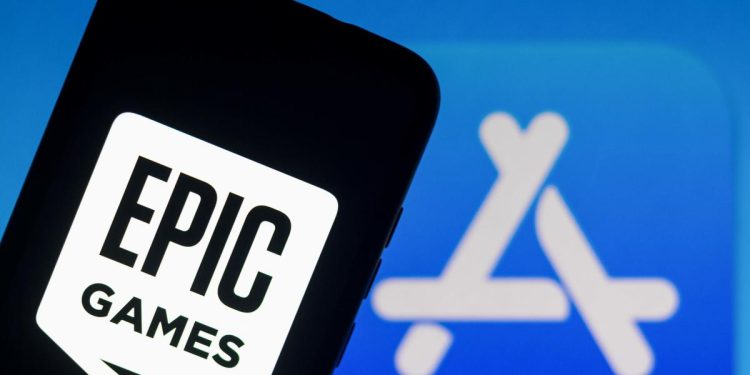Apple wins appeals court ruling against Epic Games

An appeals court has issued a ruling in the long-running antitrust tussle between Apple and Epic Games. As Bloomberg reports, the US Ninth Circuit Court of Appeals upheld a lower court ruling, which rejected most of Epic’s claims that Apple violated federal competition law by prohibiting alternative app stores on its devices. The three-judge panel also upheld a part of the original ruling that was in Epic’s favor.
“There is a lively and important debate about the role played in our economy and democracy by online transaction platforms with market power,” the panel wrote in the decision. “Our job as a federal court of appeals, however, is not to resolve that debate — nor could we even attempt to do so. Instead, in this decision, we faithfully applied existing precedent to the facts.”
The ruling maintains the status quo, unless further appeals move the case to a higher court. One added wrinkle is the fact that Epic may now be on the hook for Apple’s legal fees, as Axios‘ Stephen Totillo pointed out.
“Today’s decision reaffirms Apple’s resounding victory in this case, with nine of ten claims having been decided in Apple’s favor. For the second time in two years, a federal court has ruled that Apple abides by antitrust laws at the state and federal levels,” Apple told Engadget in a statement. “The App Store continues to promote competition, drive innovation, and expand opportunity, and we’re proud of its profound contributions to both users and developers around the world. We respectfully disagree with the court’s ruling on the one remaining claim under state law and are considering further review.”
Shortly after the ruling was released, Epic CEO Tim Sweeney published the following statement on his Twitter account:
Apple prevailed at the 9th Circuit Court. Though the court upheld the ruling that Apple’s restraints have “a substantial anticompetitive effect that harms consumers”, they found we didn’t prove our Sherman Act case.
— Tim Sweeney (@TimSweeneyEpic) April 24, 2023
In a follow-up tweet, he said “Fortunately, the court’s positive decision rejecting Apple’s anti-steering provisions frees iOS developers to send consumers to the web to do business with them directly there. We’re working on next steps.”
In the original 2021 ruling, US District Judge Yvonne Gonzalez Rogers determined that although Apple prevented users from being able to pay less for apps or in-app purchases, it wasn’t running the App Store like a monopoly. Still, Rogers told Apple to let developers direct users to alternative payment systems, which would have enabled them to bypass the 15 to 30 percent cut Apple typically takes from in-app purchases.
Apple won a last-gasp delay on the implementation of those changes. However, in 2022, it started allowing the makers of certain apps to redirect users to their own websites for payments and to fully manage their accounts.
Engadget has contacted Epic for comment. The company has made similar antitrust claims in a lawsuit against Google and that case is set to go to trial in November.
Epic kickstarted its battles against Apple and Google when it offered Fortnite mobile players a cheaper way to pay for in-game currency that bypassed the iOS and Android payment systems. Apple and Google removed Fortnite from their app stores, and Epic responded with lawsuits against both companies.
Regardless of the ultimate outcome in both cases, Apple and Google may support third-party app stores on iOS and Android anyway. Regulators in other markets have scrutinized both companies’ app store practices. As a result of new European Union laws in particular, Apple is reportedly preparing to allow third-party marketplaces on the iPhone as soon as next year. If and when it does, Epic’s own mobile app store is ready to go, according to CEO Tim Sweeney. Microsoft is preparing its own mobile app store too.
Update, 4/24/23, 4:23PM ET: Added Epic CEO Tim Sweeney’s statement.
Published at Mon, 24 Apr 2023 19:13:31 +0000

